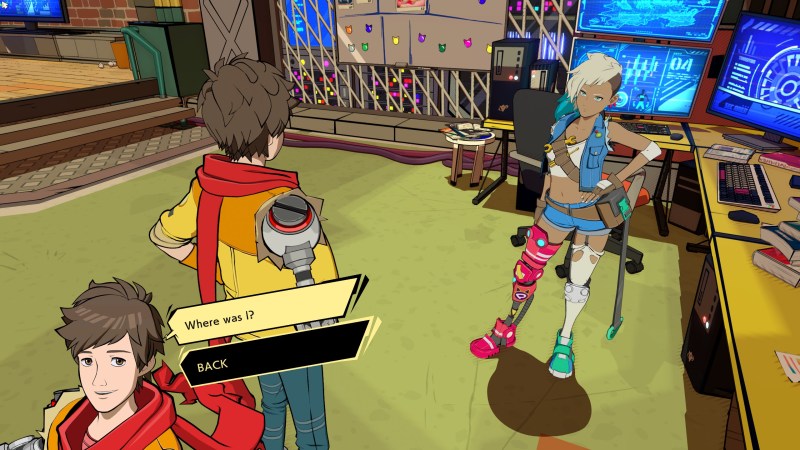The last few weeks have been good for disability representation with several games adding or featuring elements with a positive or inclusive approach to disability. Let’s take a quick look at a few examples that caught my eye.
The Sims 4 medical wearables
A nice boost in representation was added in a The Sims 4 update at the end of January. The update to the popular life simulator added new accessory categories for faces and bodies. For faces, this allows your sims to wear customizable hearing aids on the left, right, or both sides. In the body category are wearable glucose monitors for several different positions on the arms or torso.

Additionally, there is a new body scars category that now allows players to select top surgery scars. Binders and shapewear are available for sims to wear as well. This will allow many players to feel more represented in their sim, and I hope these are the first of many additions.
Apex Legends ASL animation
This month also saw an interesting new animation in Apex Legends. The character Wraith now has an animation where she fingers spells “kunai” in ASL when pulling out her melee weapon (a type of knife called a kunai). Deaf accessibility specialist Morgan Baker was the reference for this fluid and pleasing animation made by Haydn Cooper.
Hi-Fi RUSH prosthetics
I also want to highlight Hi-Fi RUSH, which was released at the end of January. The game and its story heavily features fantastical prosthetics that show how these can restore or enhance a person’s abilities. It does so without defining the character by the type of prosthetic or enhancement they have.

Seeing more and more positive representation of disability in games continues to be a great trend. It allows disabled players to identify more with certain characters they play with or create. And it teaches all players that disability is not just a stereotypical scary prop or sad plot twist, but can be so much more interesting and engaging. I can’t wait to see what we will see in the future.















